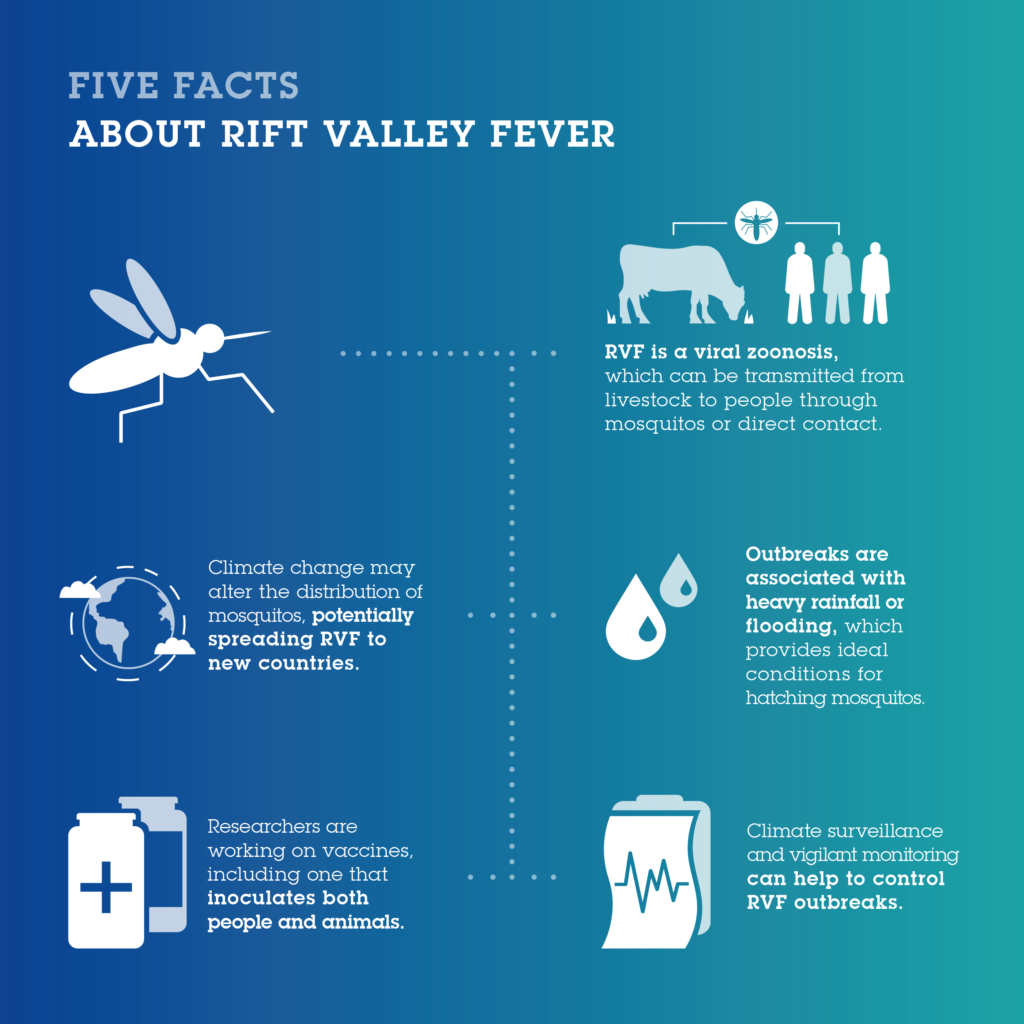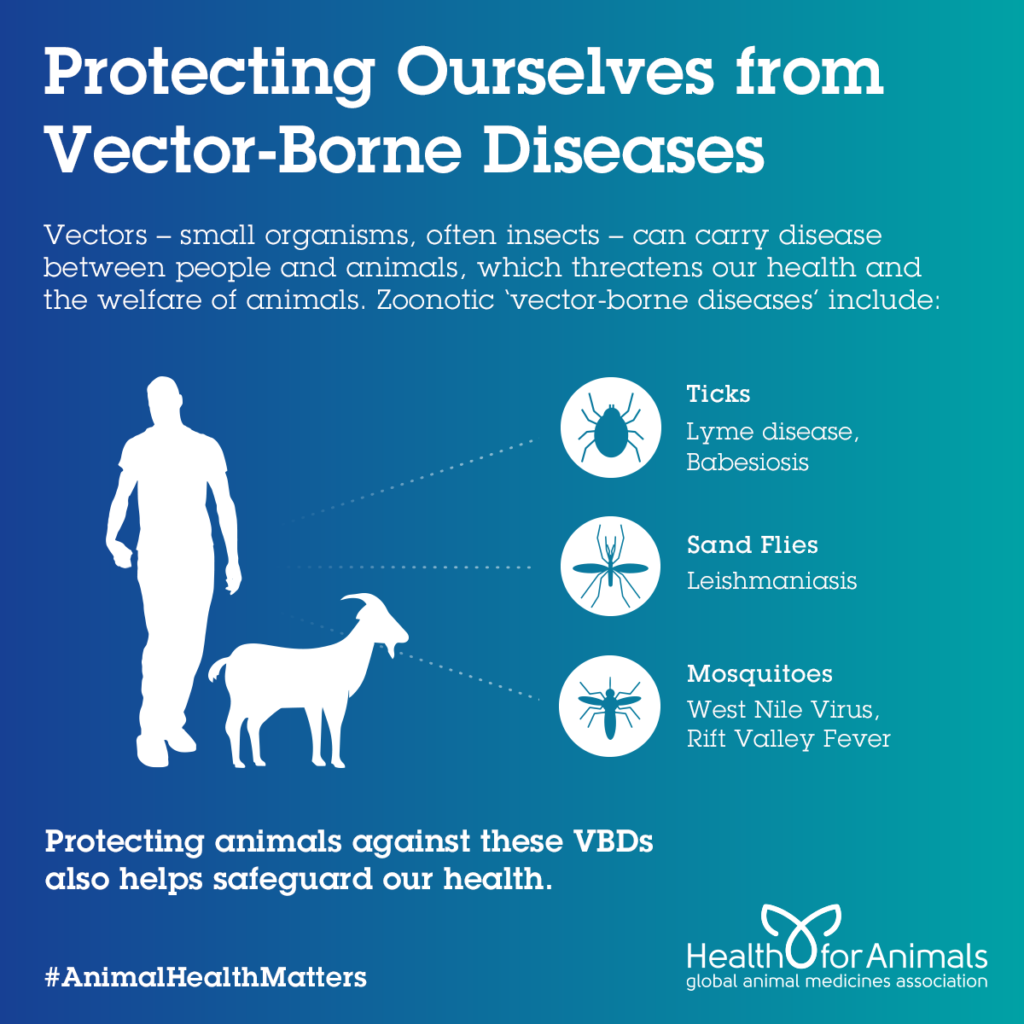Parasiticides
Even if we can’t always see them, parasites have devastating effects on animals if they’re not treated or prevented against.
Parasites survive by attacking animals for nourishment. They live in or on the body, benefiting from food and protection, while the unfortunate host animal suffers.
Common parasites like ticks, mosquitos and fleas can live on an animal’s skin or hidden in their fur. These types of parasites can only harm the animal, they can quickly spread a disease outbreak. Farmers limit their risk through watchful animal management, insect control and the use of parasiticides to prevent infestations from taking hold.
Parasites like worms may live inside the body. Cattle often inadvertently pick up these parasites when grazing pastures. The parasite will then steal nutrition, causing cattle to lose weight and reduce milk production. Treatments such as anthelmintics and other dewormers can help control these parasites.
Pets may also experience parasites such as common fleas or especially dangerous ones like heartworms. Owners must pay close attention and watch for signs of parasites, while veterinarians can help provide the right medicines and treatments. This helps us share a home and healthy lives with our animals.

